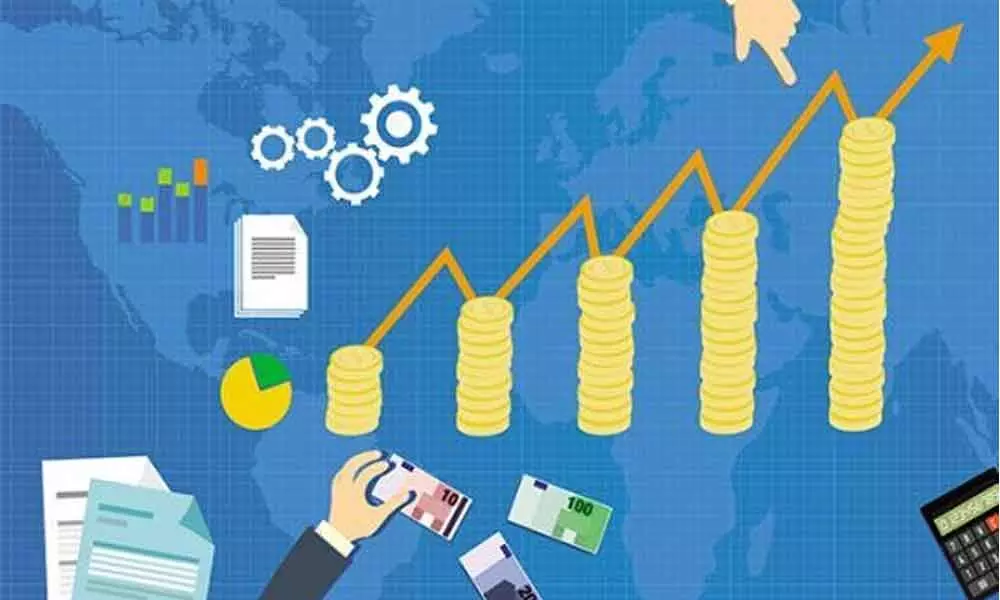Best hedge is right mindset to evaluate post-Covid-19 risk

Best hedge is right mindset to evaluate post-Covid-19 risk
Whenever an investment decision is made, majority of investors begin by questioning about the return possibilities of an avenue
Whenever an investment decision is made, majority of investors begin by questioning about the return possibilities of an avenue. I think that's a wrong way to approach investing and the right questions should begin from the risk part of the avenue. We for sure know the risk- free return i.e. available in a sovereign backed instrument or a bank fixed deposit return.
And if a particular instrument is capable of providing higher return, one should look from the risk perspective, how much riskier that particular investment is from that of a bank deposit.
When evaluating investment risk we tend to use various parameters like alpha, beta, standard deviation, Sharpe Ratio, etc.
These are the rational aspects of assessing risk, but most decisions are, however, due to emotions. Of course, the various risk mitigation strategies also help in minimizing the possible losses arising out if the risk were to become a reality. Still a major part of the outcome is dependent upon how we behave during the event or risk.
We convince ourselves with answers that mayn't be rational, but psychologically solace seeking.
Risk is mostly binary, either it happens or not, so one needs to be clear of the repercussions of an event happening. Morgan Housel has brilliantly put it in three sides of risk as: 1) the odds you will get hit, 2) the average consequences of getting hit and 3) the tail-end consequences of getting hit. He further says that the first two are easy to grasp.
The correct way to approach investment risk is by having a right benchmark. This is not just pertaining to the equity and oriented investments alone, but also applicable to debt or any other investments.
When I meant by benchmark, I didn't mean to compare the performance against a standard relevant to the investment, but the investor's risk tolerance that could be expressed through an avenue. Like I mentioned earlier, a bank fixed deposit or if one were to come up with a range or level of the tolerance, a certain amount or percentage and even a multiple of person's income (monthly/ annual) or percentage of an individual's networth as a definition of an acceptable boundaries.
This way one could comprehend the possible destruction of a risk unfolding in an investment. This approach allows one to assess the risk in right paradigm and provides a re-look whether an investment decision suits their risk profile or not.
We've to be always mentally be prepared that no amount of research allows us to identify all possible risks or connect the dominos of a risk arising due to a distant risk happening. As Rumsfeld's matrix puts it rightly, there's always an unknown unknown, things we don't know don't know.
Once we're clear of the possible risk, the best hedge is the right mindset to evaluate how the things evolve post a risk. For instance, the near-term equity performances have always taken a hit during a crisis like that of the dot-com, Asian currency crisis, Great Financial Crisis of 2008 and now as the pandemic began, but eventually stocks recovered, despite taking long periods (took about four years to go past the 2009 peaks in India) till a new crisis undid it.
The cycles of boom and bust are part of the markets just a reflection of how the economy heats and cools off.
This could be understood by looking at the history and many lessons could be learnt. Above
all how we'd behaved at each of these events throws us better reflections than the actual happenings in the market.
In his book, 'Winning the Loser's Game', Charlie Ellis has brilliantly put that "the reason we study market history is to protect our portfolios from ourselves."
(The author is a co-founder of "Wealocity", a wealth management firm and could be reached at [email protected])




